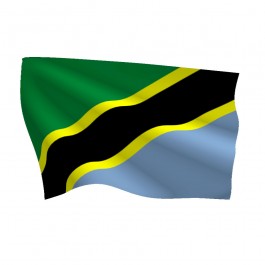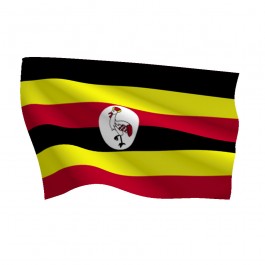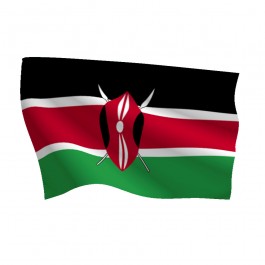Call for Applications |
Do you want to use data for advocacy but you’re not sure where to start? Would you like to transform statistics into compelling stories? Are you passionate about a digital rights cause, and want to convince others to join your efforts?
In the lead up to the Forum on Internet Freedom in Africa 2021 (FIFAfrica21), the Collaboration on International ICT Policy for East and Southern Africa (CIPESA) and Data4Change will host a virtual data sketchathon and series of critical discussions to get you thinking more about how to use data in digital rights advocacy. The sketchathon will take place on Monday 27 September 2021.
The schedule
Starting at 10am East African Time (EAT) and finishing at 5pm EAT, the sketchathon will entail a combination of live Zoom sessions and self-paced activities.
We’ll use the answers in your application forms to set an agenda for the group discussions as we explore themes like: data biases; representation, accessibility and ownership of data; and data inequalities. You’ll also have an opportunity to work in small groups to map your data advocacy aspirations and to tackle some of the data questions you’re grappling with as individuals or organisations.
Participants will also have an opportunity to create a data design using data from the #KeepItOn campaign Shutdown Tracker Optimisation Project.
Who should apply
There are no prerequisites, and literally anybody can apply. We are looking for people who are passionate about uncovering the potential of using numbers to drive forward emotive stories that have the power to advance digital rights preferably in Lesotho, Mozambique, Tanzania, Uganda, Zambia, and Zimbabwe.
A limited number of spaces are available for the workshop. We endeavour to create diverse and collaborative spaces and to foster a sense of community that lasts beyond the event and will strive to create a balanced representation of different geographies, abilities, and approaches among participants.
How to apply
Submit this form before 18.00 East African Time on Wednesday September 22, 2021.
Successful applicants will be notified by Friday September 24, 2021. A modest reimbursement will be provided for participants’ connectivity costs.



